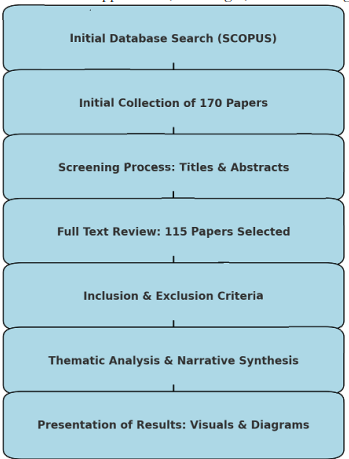Beyond Observable Impact: Unveiling Cognitive Processes in Media Influence
Keywords:
Cognitive Processes, Psychological Gratifications, Content Creation, InfluencersAbstract
This to change their beliefs or behaviors in response to messages, and the limitations of study delves into the cognitive processes involved in how individuals are persuaded
traditional impact analysis. Traditional impact models often focus on observable outcomes and external signs of influence, but they fail to capture the complexity of internal cognitive processes. By integrating insights from influential researchers like Herta Herzog, Marshall McLuhan, Michel de Certeau, and Roland Barthes, this research aims to provide a more comprehensive understanding of influence. Herzog’s work emphasizes the psychological gratifications and self-reflective processes that accompany media consumption, while McLuhan's medio logical perspective highlights how media reshape consciousness and identity. De Certeau’s concept of "repertoire" underscores the indirect and often subtle effects of media, which may not be immediately apparent but manifest over time. Barthes’ readerresponse theory suggests that individuals actively reconstruct and interpret texts, influencing their personal meaning-making. Additionally, the evolution of digital platforms and the role of influencers are examined, showing how these new media forms shape communication and influence in ways distinct from traditional models. Influencers utilize platform-specific vernaculars and engagement strategies to connect with audiences, reflecting a shift from centralized media control to a more distributed and interactive model of content creation. This study calls for a more inclusive approach to influence analysis, one that integrates psychological, sociological, and medio logical perspectives to better understand the complex interplay between media messages and individual cognitive processes.

